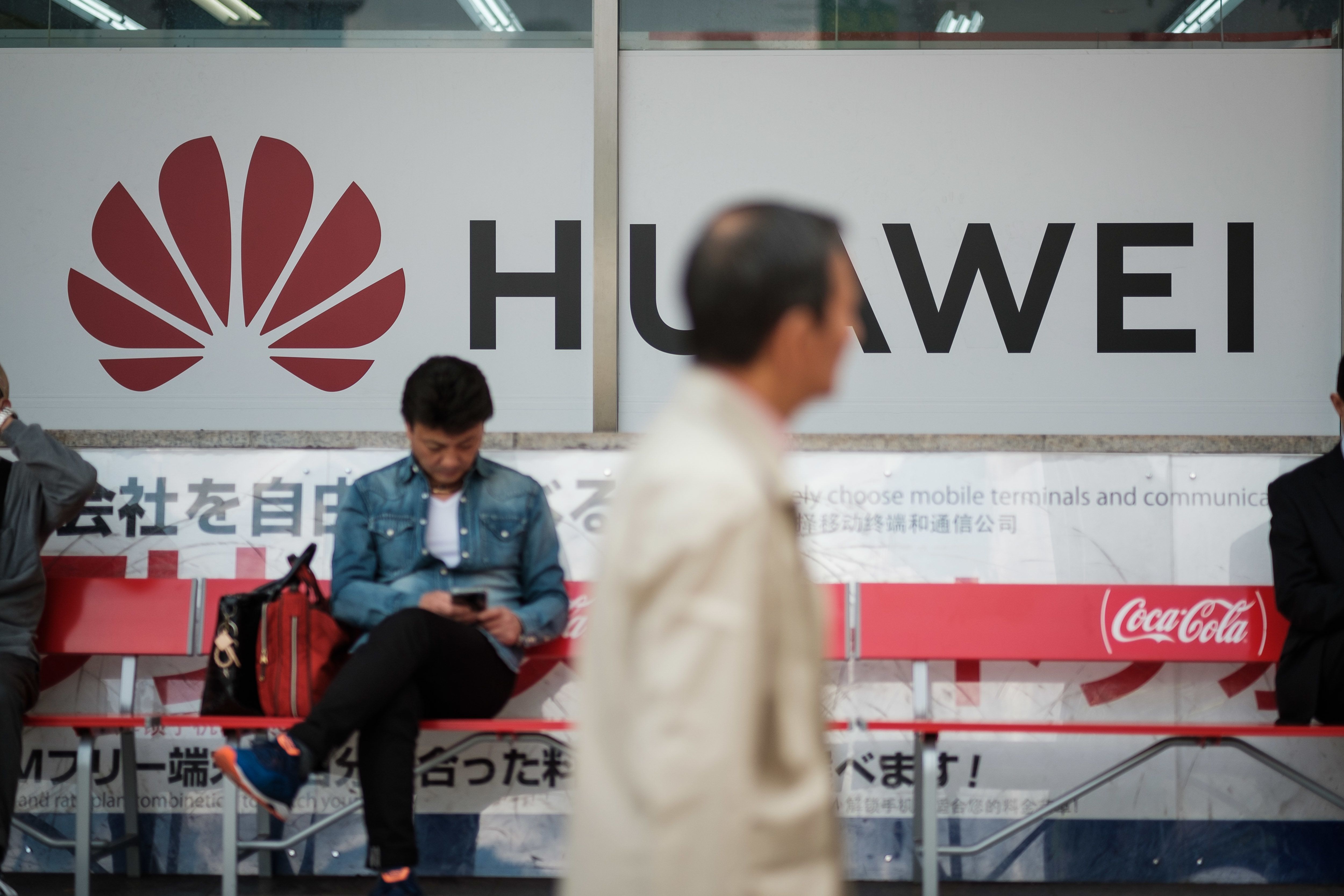Last week, as trade tensions continued to rise between China and the US, the Trump administration landed one of the heaviest blows yet on Beijing, moving to severely restrict the Chinese tech and telecoms giant Huawei's ability to do business with American firms.
What happened? Two things: The Trump administration formally banned sales of Huawei telecoms equipment in the US. More importantly, it also prohibited American firms from selling their technology to Huawei without a special license.
Why? It's complicated. Technically, Huawei was blacklisted from acquiring US technology due to alleged violations of US sanctions against Iran. But the US is also concerned that Huawei could allow Beijing to spy on or disrupt data flowing across the next-generation 5G data networks of the US or its allies. President Trump may also believe the moves will give him extra leverage in his broader fight with Beijing over trade and technology.
The fallout is already starting to hit. Here's where:
Your pocket: Check your phone, because if you're one of the 200 million people worldwide who bought a Huawei handset last year, you may have stopped receiving software updates over the weekend from Google, whose Android mobile operating system powers Huawei's smartphones.
The US yesterday issued a temporary license that will allow software updates to "existing" handsets for 90 days – but that's not long. As other US tech companies distance themselves from Huawei, and the company is forced to find new suppliers, the cost of cellphones and other telecoms equipment will rise, both for consumers and companies.
US-China relations: This is potentially a huge blow to China. Huawei is a world leader in 5G technology, the next generation of mobile networks needed to run driverless cars and smart cities. But the company still relies on US-built chips and software, so losing access to American suppliers is a big deal.
If Huawei can't negotiate its way out of Trump's new measures, Beijing could retaliate by messing with US tech companies like Apple that do huge business in China, or by attempting to restrict US firms' access to China's massive supply of rare earths metals which are essential to powering many smartphones and other high-tech gadgets.
The structure of the global economy: Over the past 30 years, the globalization of supply chains – that is, firms sourcing parts and labor from the countries that can supply those things most efficiently – has generally been seen as a good thing. It reduced the cost of goods for Western consumers, gave developing countries a leg up, and created economic interdependencies thought to minimize the chance of war.
But forbidding the largest US tech firms from doing business with the largest Chinese ones is a direct rejection of that idea. As this astute Twitter thread points out, this is new and uncharted territory.
The upshot: The US and China still have time to find a solution, but the risk of a geopolitical break with major consequences for your wallet, for US-China relations, and even for the global economy is rising. Fast.